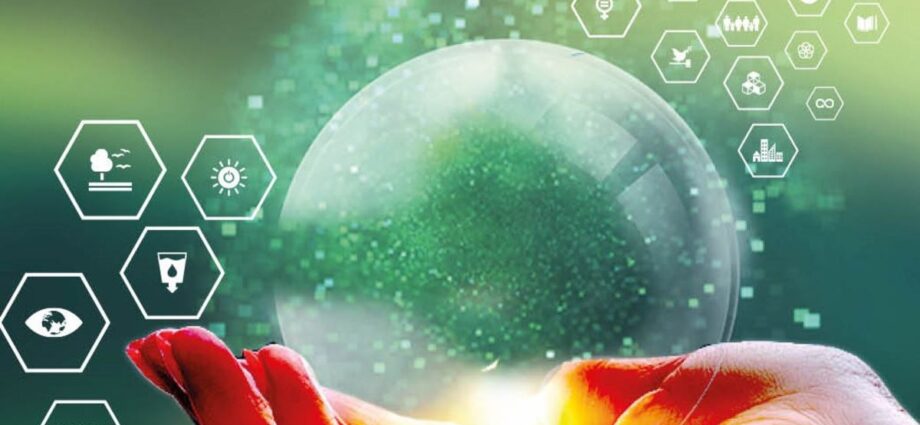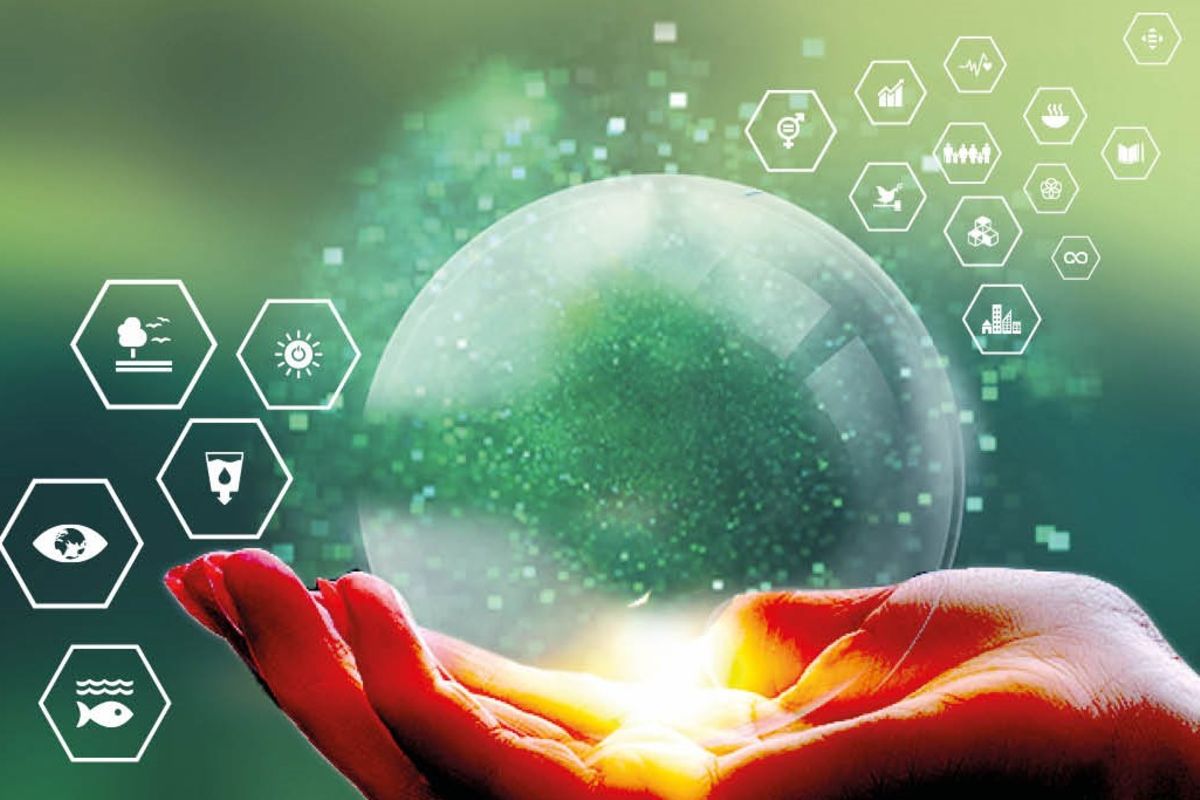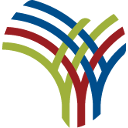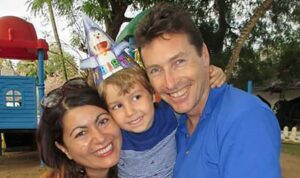Millennials are among the lucky ones when it comes to witnessing technological shifts. We grew up at a time when phones had cords and you had to spin a rotary dial to make a call.
A time when computers were a novelty, and the world wasn’t so sure what the digital future held. I’ve seen mobile technology grow from simple dial tones to the complexity of the internet that now powers our lives.
We’ve lived through the rise and fall of tech’s promises, witnessing the good, the bad, and the moments that defined us all.
Today, when we speak of technology, we often marvel at its ability to connect us, enhance our lives, and unlock opportunities, much like how VAR (Video Assistant Referee) has revolutionised football, ensuring fair play and minimising errors.
But just as VAR can be a distant tool if not properly integrated into the game, technology can remain out of reach for millions, especially those living with disabilities – it remains elusive, distant, and inaccessible.
In Tanzania, where over 7.8 percent of the population lives with some form of disability, the digital divide is an offside call that’s gone unnoticed.
Our journey toward inclusive digital transformation must act like VAR, reviewing the situation, making sure no one is left behind, and ensuring fairness in access to technology for all.
I’ve had the privilege of leading Vodacom Tanzania Foundation, where we’ve seen first-hand the transformative power of connectivity.
Yet, there’s always the question: Are we doing enough? Are we listening to the voices that are often unheard? As a leader, I’ve learned that inclusion is not a checkbox; it is a continuous journey of learning, unlearning, and co-creating with those we aim to serve.
In Tanzania, mobile phones are more than just devices—they are lifelines. For the farmer in Kilimanjaro, the entrepreneur in Dar es Salaam, or the student in Arusha, mobile technology offers access to financial services, education, health information, and more.
Yet, for persons with disabilities, these opportunities are often obstructed by barriers that many of us do not see.
A 2021 report by GSMA highlighted a stark reality: persons with disabilities are less likely to own mobile phones or access mobile internet than their non-disabled counterparts, widening the gap at each stage of their digital journey (Mobile Disability Gap Report 2021).
The challenge is multifaceted, rooted in affordability, accessibility, and a lack of digital skills. But it is not insurmountable.
At the annual CSO Week gathering, Tanzania’s Vision 2050 has been the bedrock of the discussions, centred on voice, vision, and value.
A common voice is heard, the vision of a country where technology serves as a bridge, connecting citizens across diverse geographies and capabilities.
However, this vision will remain a dream unless we actively pursue interventions that cater to those most excluded from the digital revolution.
Our goal should be to create technology that works for all—where persons with disabilities are not passive recipients but active contributors to Tanzania’s future.
Real inclusion happens when we design with intention. This means integrating universal design principles into every product and services we create.
It means listening to persons with disabilities, involving them in the co-creation process, and ensuring their voices shape the technology they use.
We ought to constantly explore ways to bridge this gap.
One of our pivotal interventions has been through mobile money services that cater to users with disabilities, providing voice-activated options and simplified interfaces.
Our partnerships with assistive technology providers have introduced mobile-enabled screen readers, and we’ve launched community-led digital literacy programs targeting underserved populations, including persons with disabilities.
In the game of digital inclusion, we need to rethink our strategy and focus on three key plays to ensure everyone, especially persons with disabilities, can be part of the team. The first play is affordability.
Many in Tanzania face economic hurdles that put even basic internet-enabled phones out of reach. We need to be creative in how we level the playing field—whether through micro-loans for affordable devices or mobile data packages that fit their needs, we can give them the tools they need to join the digital game.
The second key to winning this match is building skills and digital literacy. You wouldn’t send a team onto the field without proper training.
For persons with disabilities, lack of digital literacy can be the toughest opponent. We need training programs that cater to different abilities, teaching essential digital skills in a way that builds confidence and independence.
The final play is awareness and accessibility. Just as a player needs to know their role on the field, persons with disabilities need to be aware of the technological tools available. By designing our products with accessibility at the core—voice commands, magnifiers, or other assistive tech—we can create a game where everyone has a chance to score.
But this isn’t a solo effort. Just like in football, teamwork makes the dream work. We need the private sector, civil society, and government working together to build inclusive infrastructure.
Public-private partnerships, like the success of the DigiTruck program, m-mama, e-fahamu, show that when we collaborate, we can bring technology to even the most remote areas of Tanzania.
Technology, like football, is not just a game—it’s a game-changer.
Tanzania’s digital future can only be bright if it is inclusive. We must continue to innovate, collaborate, and push for solutions that ensure everyone—regardless of ability—has access to the opportunities that technology provides.
The time for action is now. As Vodacom, we are committed to playing our part, but the real transformation will come when we all stand together in the belief that technology truly is for all.
Inclusion is not just the right thing to do; it is the smart thing to do. Let us build a Tanzania where every individual, no matter their ability, is connected to a better future.
Zuweina Farah is External Affairs and Vodacom Foundation Director, Vodacom Tanzania















